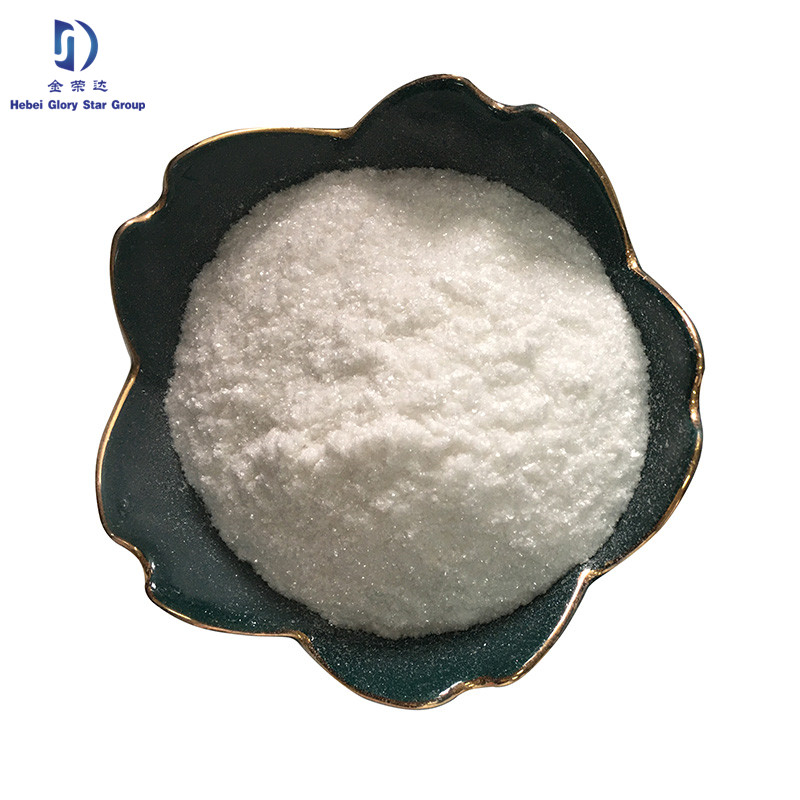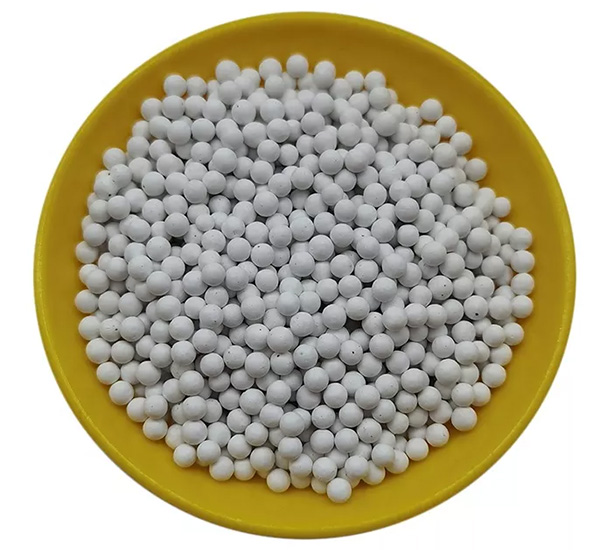The Cities of Sigmar line gives a sneak peek into the next chapter of Warhammer Fantasy
Since the launch of Warhammer 40,000’s 8th edition, I’ve gotten back into the hobby of painting miniatures. Seven years in and I’ve painted plenty of Space Marines, all hard edges and shining armor, and I’ve gotten pretty good at it if I do say so myself. Muscled orks? No sweat. Ancient Necrons? Got it in the bag. Fleshy, tortured agents of Chaos? I can handle it. But the latest release for Warhammer: Age of Sigmar, the highly anticipated Cities of Sigmar boxed set? It’s got me absolutely terrified. Mica Powders For Makeup

Why am I so scared of these miniatures? Because many of the tiny little soldiers are wearing a lot of capes, cloaks, and other cloth accessories — big, smooth sections of a model that the painter is expected to fill in with texture, shadow, and volume. Painting textiles is a skill that I have yet to master, and one that I’ll need to start practicing for quite a while to get just right — especially with Warhammer Fantasy’s Old World setting primed to make a comeback.
What makes textiles so hard to paint? Well, with many of the other types of materials in miniatures there are specialized products and techniques that you can use as a kind of cheat. Got a big section of chainmail? Hit it with a metallic paint, full of mica flakes, to bring it to a gleaming luster. Then dull it down with a wash, which settles into the nooks and crannies and gives it depth. Then drybrush on another coat of paint to bring back a little of that shine. You can do similar things with armor, weapons, vehicles and more — really anything with a modeled texture or a sharp edge has a cheat or a hack associated with it, and often more than one.
Textiles, on the other hand, are often just big blank spaces left on the model. There may be folds and creases, which can give the painter a hand by serving as a guide for highlights. But in medieval-themed models these kinds of capes, smocks, and tunics are often the focal point. They are the defining features that will make them stand out on the table, and that means they are deserving of a little extra attention.
So, with the launch of the new Cities of Sigmar line this weekend — which includes a new rulebook and a few extra models outside of the big boxed set — there’s a lot more cloth than ever before to paint in Age of Sigmar.
One approach that I’ve toyed with is called wet blending, and it uses a full palette of similarly colored paints to create a nuanced look. One of the best practitioners of the skill is Vince Venturella, whose massive back catalog of YouTube videos provides good guidance for painters of all skill levels.
Another important skill to learn for painting cloth is stippling, which uses tiny dots of paint to simulate a texture. Some painters, like the gang at Artis Opus, will use stippling for the basecoat. This takes advantage of larger, makeup-style brushes to get lots of coverage while preserving shadows on the model. Other artists, like Angel Hiraldez, use traditional brushes to simulate different materials.
However you choose to paint your cloth, these techniques should come in tremendously handy for your next army — and especially when the Old World finally breaks cover.
A weekly roundup of the best things from Polygon
Please check your email to find a confirmation email, and follow the steps to confirm your humanity.
Oops. Something went wrong. Please enter a valid email and try again.
Please check your email to find a confirmation email, and follow the steps to confirm your humanity.

Wet Ground Mica Oops. Something went wrong. Please enter a valid email and try again.